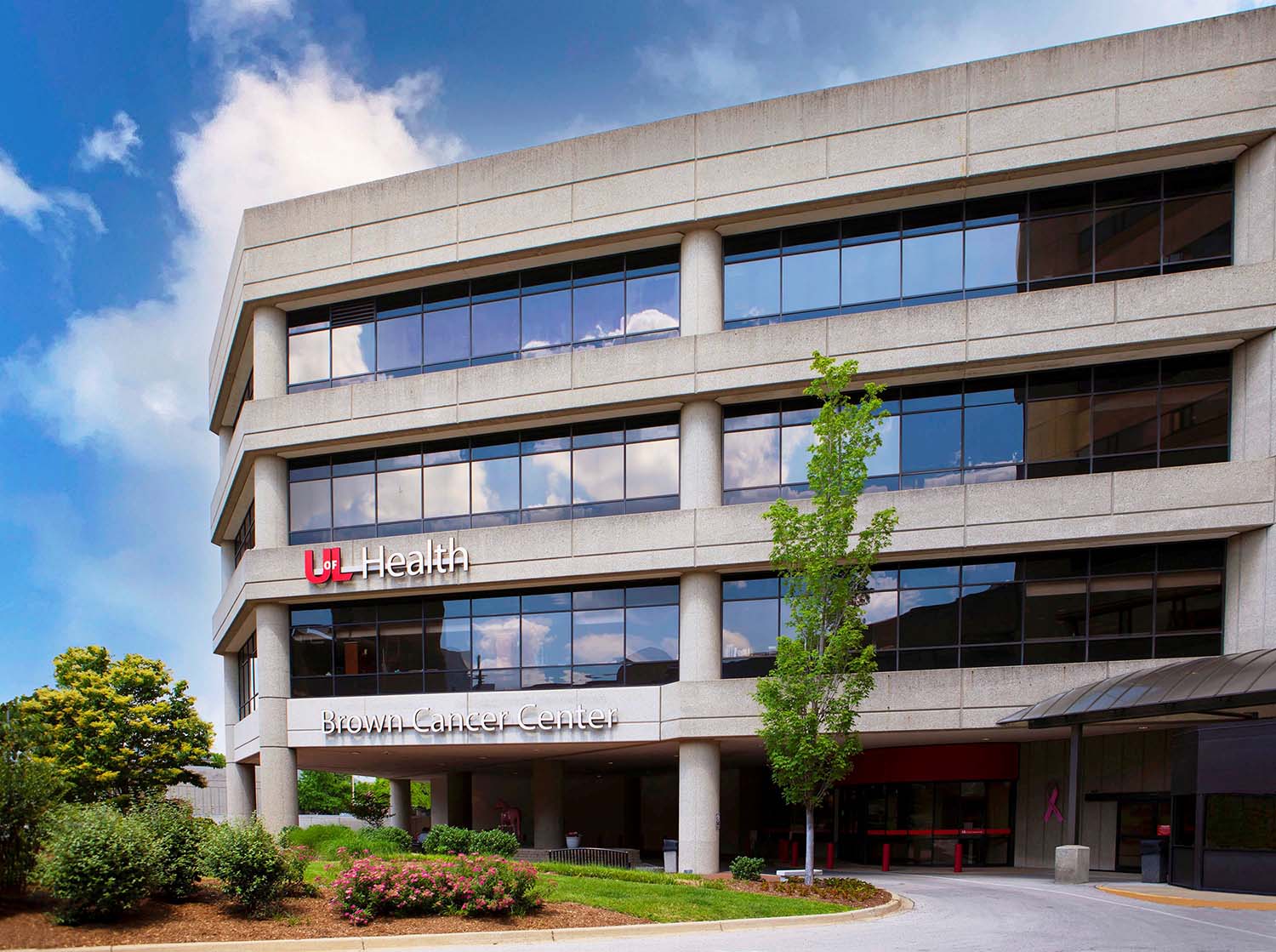
Kentucky continues to have one of the highest rates of incidence and deaths from lung cancer. Unfortunately, lung cancer is usually not detected until the signs and symptoms are present when the patient is already at a more advanced stage. The key to fighting this disease is prevention and early detection. Smoking and secondhand smoke (nonsmokers who breathe the smoke of others) will increase the risk for lung cancer.
Kentucky has a low survival rate of lung cancer, being at only 18.4%. By finding cancer in the early stages, it can lead to a better prognosis and outcome. That makes screening very important. Screening for lung cancer includes a low dose CT scan that can identify small nodules or other lung abnormalities. Currently, lung cancer screening is recommended (and covered by most insurance plans and Medicare) for individuals ages 50-80 who have smoked within the last 15 years and have more than a 20-pack-year smoking history.
So what’s a pack-year? A pack-year is calculated by multiplying the packs of cigarettes smoked per day times the number of years smoked.
For example:
- Smoking 1 pack per day x 5 years = 5 pack-years
- Smoking ½ pack per day x 30 years = 15 pack-years
The best thing that can be done is to live a healthy lifestyle, obtain regular checkups and screening if you qualify. A lung cancer screening can only be ordered by a physician or nurse practitioner. Talk to your health care provider to see if you are at risk. Screening CT scans do not guarantee that you will not develop lung cancer in the future. Contact UofL Health – Cancer Screening program at 502-210-4497.
Do you need assistance on quitting? UofL Health – Brown Cancer Center – Thrive Clinic is here at every step to give personalized care to increase your success in quitting tobacco. Ask your oncologist or call the Thrive Clinic directly at 502-562-6887 to schedule your one-time consultation.









